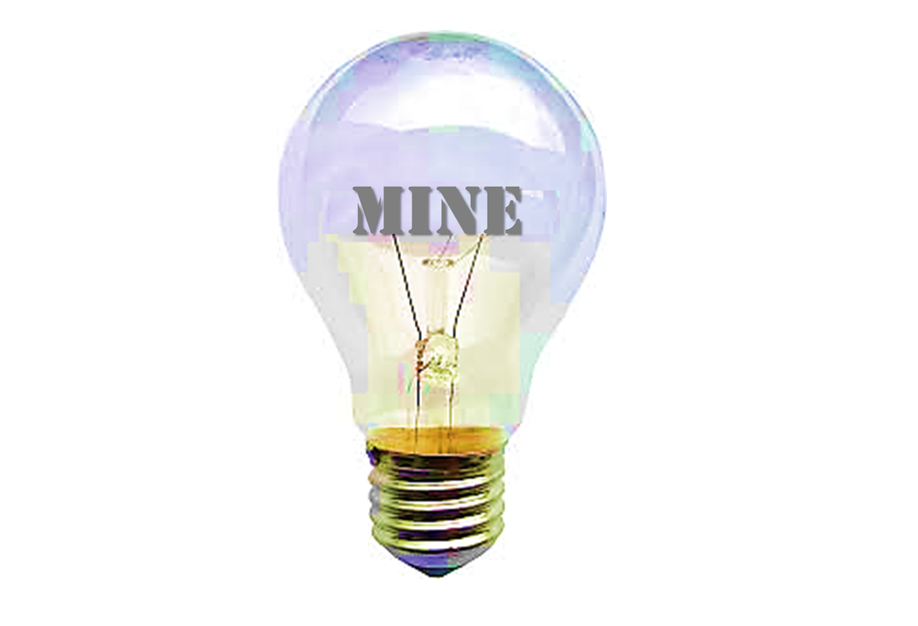An idea pops into your head and as far as you’re concerned, it’s all yours. You call it ‘my idea’, the unique and precious child of your imagination. But think back to that moment when it first appeared in your mind; it came out of nowhere, completely unannounced. It hijacked your brain and colonised your head.
You didn’t have the idea, it had you.
In 1905 a junior clerk named Albert was struck by an idea so strange, so completely original he was sure the thought was his alone. And he should know; after all he worked in the Patents Office. So imagine young Einstein’s surprise to learn that three other minds were already working on ‘his’ Theory of Relativity.
Thomas Edison was not the only one to imagine the light bulb. He wasn’t even the first; both William Sawyer and Joseph Swan were a whole year ahead of him.
It’s the same story for everything from the gramophone to the telegraph, the jet engine to Darwin’s Theory of Natural Selection; the history of invention is a race between minds that have all been mysteriously hijacked by the same idea.
If it’s a race, what fires the starter’s pistol? Sometimes it’s an exciting new technology, sometimes it’s just the ‘spirit of the times’.
Sometimes it’s because a problem has gotten so bad that lots of people start looking for a solution: the invention of the polio vaccine in 1950 was probably inevitable because so many great minds wanted a cure.
We ‘have ideas’ in much the same way as we ‘have a cold’ – we are temporary hosts, a warm place for an idea to grow and evolve until they’re ready to colonise other minds and ultimately, entire communities.
Ideas are not ours. We are theirs.

Merryn
This is like the idea that genius used to be, historically, something that we had. Like something separate to us. It was believed that a person had a genius. Like a helper. Now days we like to own things. Now we say she is a genius. Perhaps ideas are the language of the genius?
Jason
Funny you should mention language Merryn; the ancient notion of ‘genius’ as some kind of spirit is still part of our language… the original meanings of words like ‘inspiration’ ‘muse’ and ‘enthusiasm’ describe the mysterious moment when we are ‘inhabited’ by something outside of us. And as pre-scientific as I find that kind of explanation to be, it is a very good description of what the creative moment feels like, don’t you think?
Merryn
Absolutely. I would even go so far as to propose that science may be coming around….
Jason
I’d expect science to agree, especially since the history of science is filled with unsolicited, parallel inspiration. And the notion of ‘ownership’ is inherently illogical; if I don’t know where an idea came from, if it comes to me without any intentions or efforts on my part, if lots of people have it at the same time (and probably a long time before) and if it mutates and grows the second I share it with another mind… in what way is it mine? I suspect only a lawyer could argue otherwise and keep a straight face.